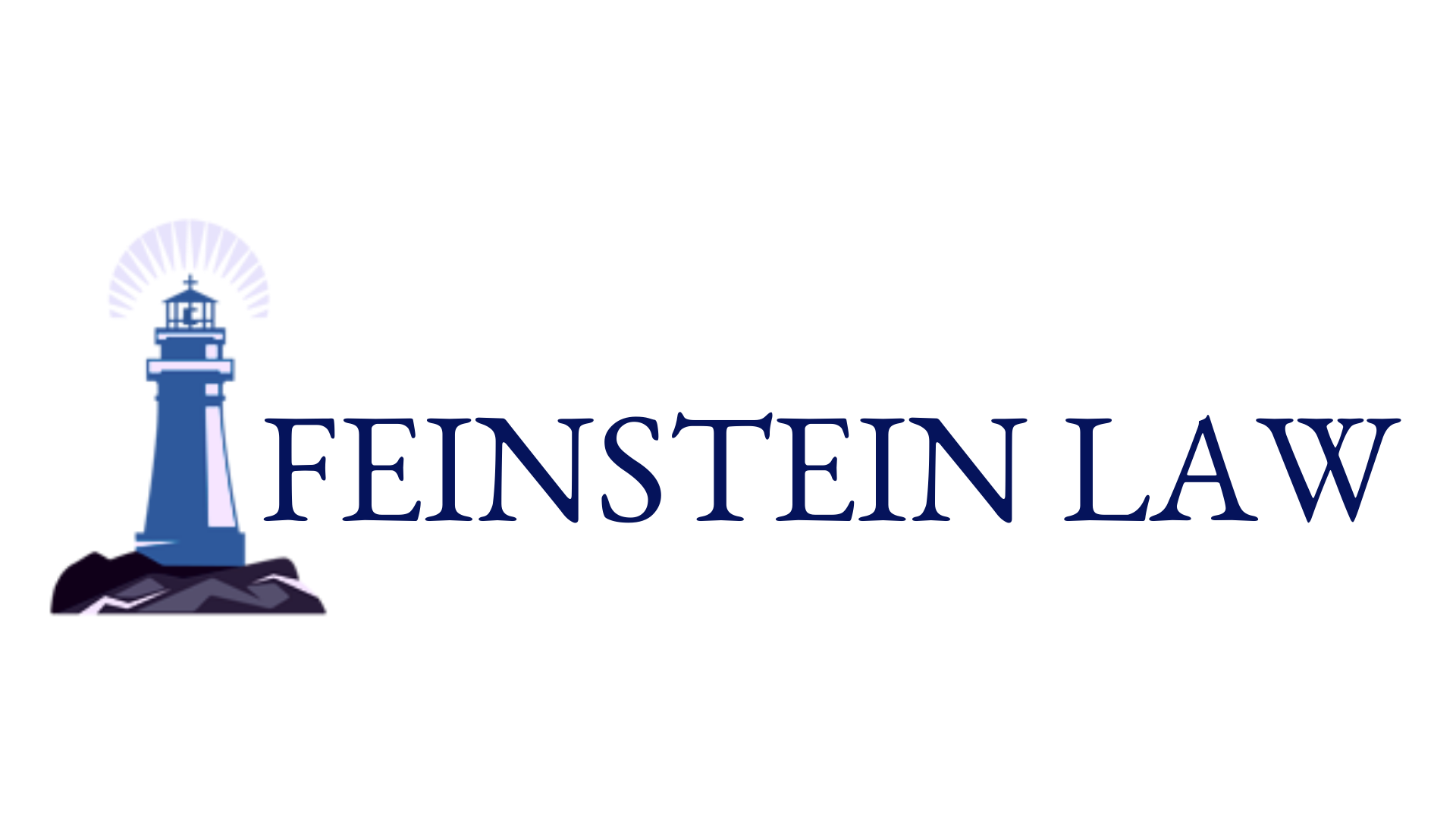The Wyoming Decentralized Autonomous Organization LLC, Explained
 The most interesting legal issues we worked on in 2021 related to blockchain technology and the development of the various legal and regulatory frameworks created to respond to its massive growth. Crypto players have rapidly moved through a litany of new entities and asset classes and the growth tools to manage them. A decade of creative development has given us ICOs, airdrops, sacrifices, utility tokens, Dex offerings, and an alphabet soup of other ways to create, sell, or distribute crypto assets, but the latest innovation – decentralized companies – may outpace them all.
The most interesting legal issues we worked on in 2021 related to blockchain technology and the development of the various legal and regulatory frameworks created to respond to its massive growth. Crypto players have rapidly moved through a litany of new entities and asset classes and the growth tools to manage them. A decade of creative development has given us ICOs, airdrops, sacrifices, utility tokens, Dex offerings, and an alphabet soup of other ways to create, sell, or distribute crypto assets, but the latest innovation – decentralized companies – may outpace them all.
The first iteration of decentralized companies in America is the DAO LLC, short for “Decentralized Autonomous Organization LLC,” which was recently made legal in Wyoming, which has created a niche for itself as the crypto capital of the USA. The Cowboy State dipped its toe into the DAO waters in the spring of 2021 with its DAO LLC statutory supplement – the first such law in the USA. Given the explosion of interest in DAOs already and the interstate competition for business services, several other crypto-friendly states are likely to follow. Some have already discussed enabling the formation of the even more powerful DAC (Decentralized Autonomous Corporation), which could rapidly and widely supplant traditional private and public corporate governance structures over the next decade.
So what is a DAO?
At its most basic, a DAO is an organization whose decisions occur without any person or committee making organizational decisions. Decisions and actions are decentralized and occur in two ways: Via the algorithmic function of smart contracts built into the corporate structure of the organization, or through blockchain-based votes by the members or owners who hold governance rights in the company.
If structured correctly and updated regularly by designated stakeholders, a DAO can theoretically run itself by executing the rules built into its governing contracts and, where appropriate, submitting action items to the voting members and acting pursuant to voting outcomes.
It’s easy to envision a smart contract that allows the DAO to pay employees or vendors without human interaction, or to pay dividends to its owners. For larger issues, submitting questions to a member vote isn’t too different from the shareholder voting that we’re all used to. There are clearly situations where neither the algorithmic governance tools nor a member vote is the best option – for instance, during fast-moving litigation or when interacting with government regulators – but how a DAO integrates human control is still very much up in the air.
The Wyoming Solution
On March 17th, 2021, Wyoming passed Wy. Stat. § 17-31-104, the Decentralized Autonomous Organizations Supplement (DAO Supplement) to enable the formation of DAO limited liability companies by meeting a few requirements: A DAO LLC cannot be member-managed; it must be managed either conventionally (by members) or algorithmically via smart contract. Any smart contracts used to operate or govern the entity must be identified in its formation documents with a public identifier key. While the DAO Supplement’s silence on ownership interests means the DAO LLC can likely be owned in the form of LLC membership interest or units, DAOs lend themselves to ownership by security token (ST), which operates like a share of stock but with all ownership records, transfers, voting rights, restrictions, KYC/AML, and other relevant information stored on the blockchain as part of each ST. Once the promoter files complete Articles of Organization and selects a Wyoming resident agent, the DAO LLC is live within a few days.
Teething Problems
Like any shiny new business innovation, Wyoming DAO LLCs have a few issues:
- Few corporate service providers, including Wyoming resident agents and attorneys, have even a rudimentary understanding of the DAO LLC, and most have a healthy distrust of the new supplement;
- Wyoming DAO LLCs cannot be cannot be formed as series LLCs, removing a valuable and versatile governance and liability option used by many LLC owners – one that seems perfect for algorithmic governance;
- The resident agent requirement means a loss of some decentralization and anonymity compared to a truly decentralized entity that lives solely on the blockchain; and
- Because of the DAO’s heavy reliance on the initial smart contract ruleset implemented during formation, it is extremely important that the code behind this ruleset is carefully written and that all potential bugs and security flaws are fixed before the system is deployed.
Conclusion
People looking for the usual benefits of forming an LLC – limited liability for the owners, some measure of anonymity, and the availability of a private business vehicle – have virtually unlimited options across the US and around the world that will accomplish their goals.
Pioneers looking to be part of a revolution in corporate formation and governance similar to the revolutions we’ve seen in art and currency have only one option if they’re looking to start a community, enterprise, or company – the Wyoming DAO LLC.
Contact The Feinstein Law Firm here or phone us at +1 619-990-7491 with your corporate and securities questions – no matter how novel.

